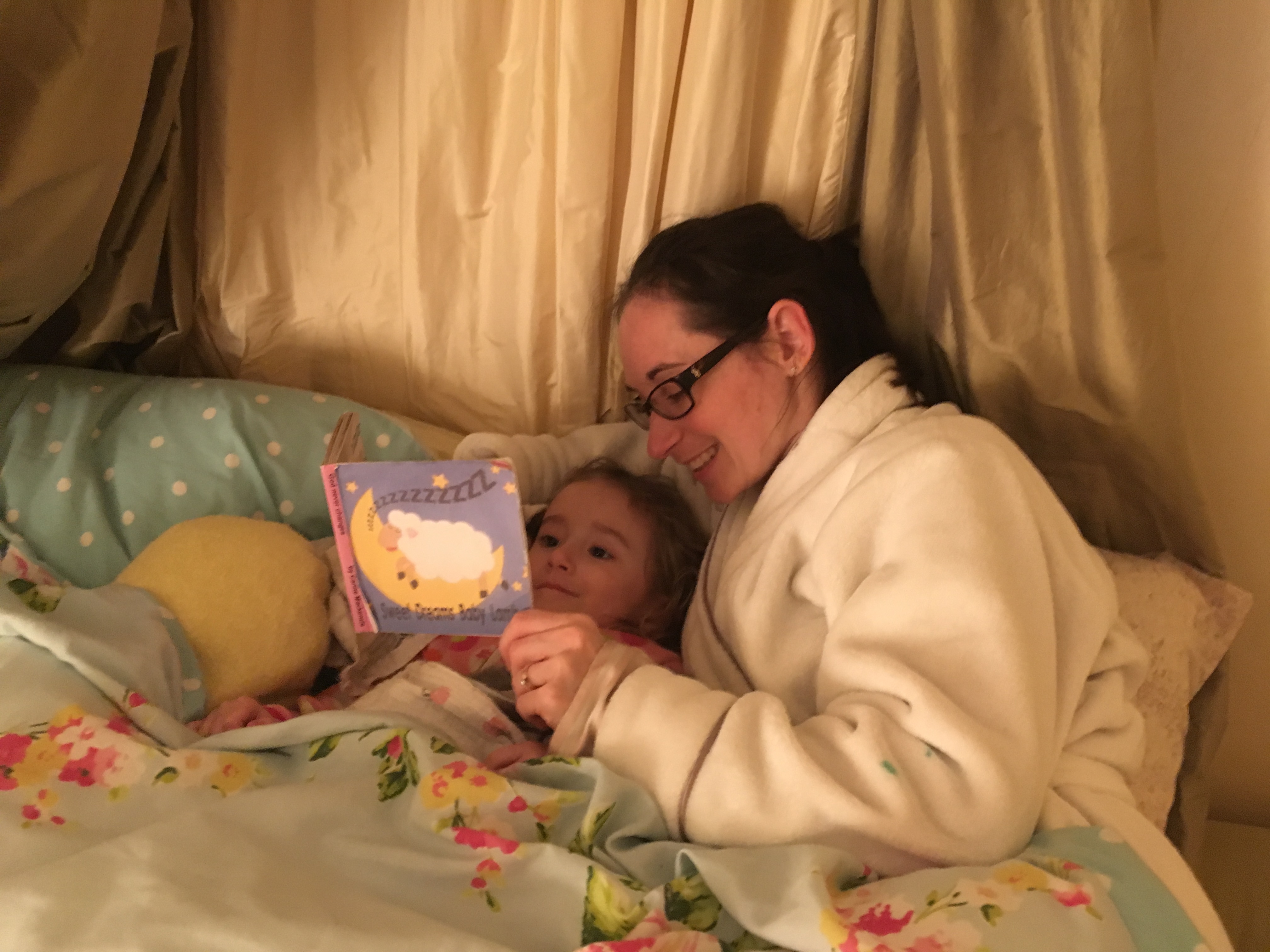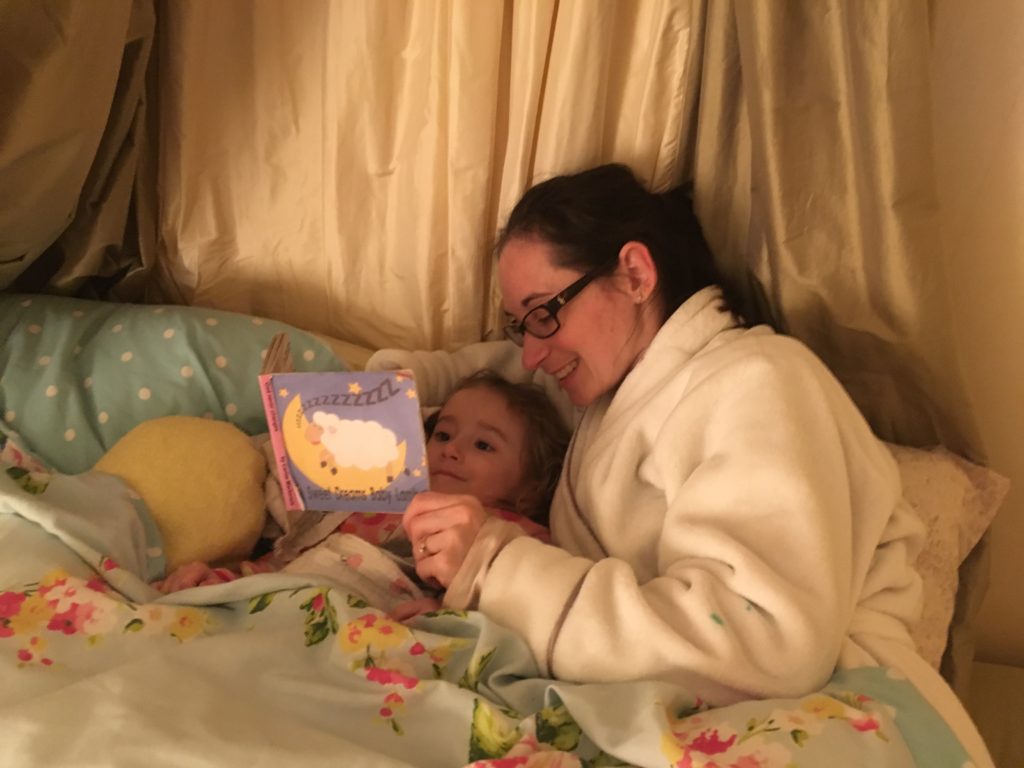Establishing Better Sleep Habits
And, when I say gifted, I mean intense kids: emotive, overly sensitive kids. Very bright, very perceptive kids often have a difficult time tuning out the world and relaxing their bodies. Contrary to popular belief these gifted kids need more sleep than their peers, the fact that they have more trouble winding down is evidence of this.
Many gifted and intense kids view fatigue as a struggle. Rather than give in and go to sleep, they act out. They argue more. They manipulate and power struggle when they don’t get their way. They react more strongly to disappointments.
Determine the Issue
Some gifted kids…
- Just aren’t tired. Have they been stimulated today?
- Need to unwind. A sensitive child may need time to process the events of the day before he can settle into sleep.
- Don’t want to miss anything. This can cause anxiety.
- Are overstimulated at night. Interacting with stories/books, asking questions, screen time.
- Cannot shut down their brains. Sleep is a learned activity.
Establish Individualized Routines
Like most parenting advice found out there in books and on websites, the norm isn’t always normal for gifted kids. You may read that a calming bath, followed by a story, and sweet tuck-in with prayers is the widely suggested bedtime routine to follow.
If your child is particularly sensitive or intense, as gifted kids often are, a warm bath may actually raise their body temperature, making it harder for them to fall asleep.
The extremely inquisitive child may not settle after hearing a book, wanting to talk about why the main character did that instead of what they would have done.
Your extroverted child may not be able to simply say prayers and drift off to sleep, he may need to tell you every.little.thing.that.happened.to.him.that.day.
You may find that night lights and sleep machines are just another stimulating toy: keeping the mind active and inventing.
A teacher recommended always reading the same story at bedtime. Choose something that promotes relaxing, and peaceful dreams. I pulled out a baby board book that my daughter hadn’t seen in years. The child’s brain waves will be carried away by the familiar rythme of the words and trigger neurochemicals allowing him to forget the outside world and guide himself to sleep. The monotony of always using the same book cuts down on stimulating interaction with the characters or asking questions. Incidentally, my daughter is learning to read and I choose one that has no text so that she wouldn’t be stimulated by sounding out the words and turning it into a game. (It’s a rhyme our family has memorized about a baby lamby that likes to sleep.)
You need to find the perfect routine for your child. And that begins by knowing him or her better than anyone else.
Here is a sampling of suggestions that have helped us find our way:
- Bath before dinner.
- Sleepytime tea after dinner. (This is where we read a Bible story as a family.)
- Brush teeth, one bristle of flouride-free toothpaste, floss, drink of water
- Lavender lotion and magnesium vitamins.
- Start bedtime earlier to include talk time.
- Begin by making happy memories. Giggle.
- Kiss stuffed animals goodnight, they need their own bed, not the child’s bed.
- Turn off the lights. Rely on moonlight or close the shutters and use a light-up pillow pet (only until lights out).
- Spritz lavender oil on the pillow.
- Create a cocoon with a bed tent or canopy and body pillow.
- Physical touch. Rub your child’s back, foot rub, hug.
- Read the same monotonous bedtime book to lull them to sleep.
- Train your child to relax instead of trying to fall asleep.
- Sleep in complete darkness.

